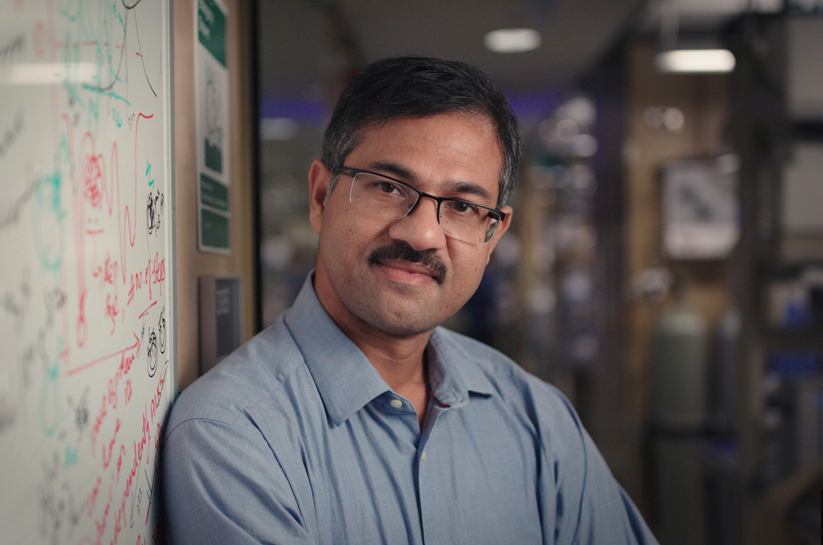Topic Overview:
Epigenetics is a set of DNA sequence-independent biochemical processes that control transcriptional potential of a cell by turning genes “on” and “off” and allows cells to access genetic information only when needed. Cells employ a range of epigenetic mechanisms, the most prominent being the chemical modifications like DNA and histone methylation to alter the chromatin landscape for gene expression to occur. Islam and colleagues focus on understanding epigenetic processes. They employ a range of small molecules, peptides, proteins, nucleotides, and their unnatural analogues toward functional elucidation of chromatin modifications in transcriptional programming and cellular differentiation. With improved molecular understanding, Islam’s goal is to edit epigenetic processes for cell fate change as well as to correct aberrant gene regulation in human diseases like obesity and cancer. His interdisciplinary research spans synthetic organic chemistry, protein and oligonucleotide engineering, mechanistic biochemistry, cell and structural biology, proteomics, and transcriptomics.





























